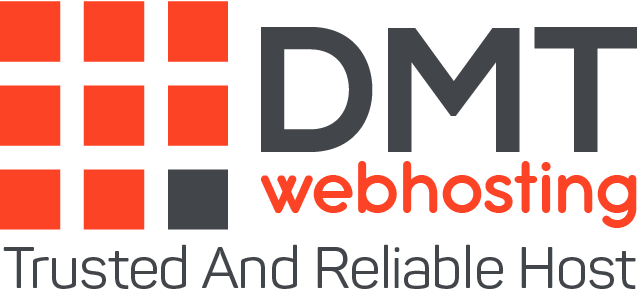A database is an essential part of most websites and blogs, but setting up and using a database can be a daunting task for a novice web developer.
You will learn how to install, configure and use a MySQL database on your computer. This will give you a good foundation on the MySQL language which will come in handy when you start developing your own databases on dynamic websites using PHP, Ruby, or the language of your choice.
What is a database?
A database is a structured collection of data. Here are some typical examples of databases:
- An online store database that stores products, customer contact information and orders
- A database for an Internet forum that stores members, forums, topics and messages
- A database for a blog system, such as WordPress, that stores users, articles, categories, tags, and comments
The system that manages databases is known as a Database Management System, or DBMS. MySQL is an example of a DBMS. Generally, it can be confusing, the DBMS often and awkwardly called “database” as well. However, strictly speaking, the database is the data itself, while the DBMS is the software that works with the database.
There is a multitude of different ways to organize data in a database, known as the database model. One of the most popular is the relational model, which MySQL, among others, uses. As a result, MySQL is known as a Relational Database Management System or RDBMS.
Why use a database?
If you have not used a database for your site, it is possible that you have data stored in text files such as CSV (Comma Separated Value).
While this technique is fine for simple data structures and for small amounts of data, you will quickly run into problems as soon as your site grows. When you search and/or update a very large text file, performance may be affected. And much worse, your file is prone to corruption. What’s more, things start to get complicated when you want to link records together, like linking a customer record to the transactions that the customer made and then linking each record to the products.
Relational databases are designed to avoid all of these problems. Here are some reasons to use a database rather than text files:
- They’re fast: Databases use index, keys, to find records extremely quickly. For example, after adding a key to the field mail, you can retrieve a record on a member based on their email address almost instantly, no matter how many millions of members you may have in your database
- They are reliable: A DBMS guarantees that the data in the database is read and written in a reliable manner, without corrupting it. Many DBMSs allow you to use techniques like locking and transactions to ensure records are inserted and updated correctly
- They allow you to link records together: Relational databases allow you to store different types of data in groups known as tables (table). You can then link the data together across the tables. For example, you can create a customer in one table and order in another, and then link a customer record to all the order records associated with the customer. The ability to link records across tables allows you to create complex databases with many and different types of linked data.
Why use MySQL?
You now know why databases are useful, and how they can help you build complex websites and web applications. But why use MySQL in particular?
There are many known DBMSs: MySQL, PostgreSQL, SQLite, Oracle and SQL Server, and all of them can be used to help you with web development.
That said, MySQL has a few advantages for web developers compared to some other systems:
- It’s open-source, which means it’s free and anyone can use and modify it
- It is widely deployed: MySQL can be installed on multiple and different platforms, and it is usually standard on most web hosting configurations
- It’s easy to use: Setting up and working with MySQL databases is relatively simple
- It works well with PHP: Since version 5.3, PHP has a MySQL driver, which is closely linked with the PHP engine, which makes it a good choice for PHP coders.
Note: Each DBMS has its own strengths and weaknesses. For example, PostgreSQL is also open source, very stable, and has a large community behind it. SQLite is extremely fast and self-contained (and is also free), while Oracle and SQL Server have many enterprise-level features that make it a good choice for large organizations
About the author
DMTwebhosting.com’s Editorial Team prides itself on bringing you the latest web hosting news and the best web hosting articles!
You could also link to the news and articles sections:
